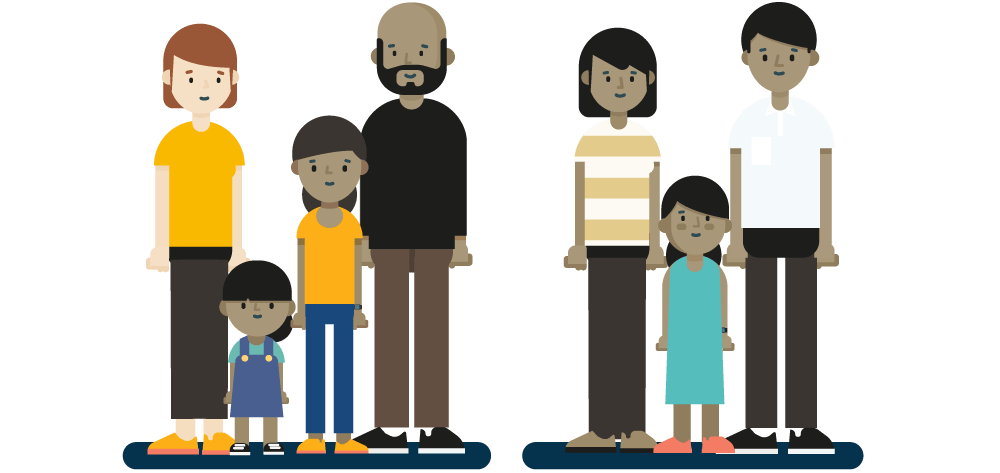Frequently Asked Questions
Here are some frequently asked questions about the ELSA Study

Yes, absolutely. Children with or without a family history of type 1 diabetes can take part in the ELSA study.
Unfortunately, children with a diagnosis of type 1 diabetes cannot take part, because the ELSA Study is a screening programme to find children at risk of type 1 diabetes in the future. However, siblings of a child with type 1 diabetes can take part in the ELSA Study.
Yes, a parent/guardian can enrol up to 5 children in the ELSA Study. You can complete the consent forms and the study forms in one go for all of the children you want to take part in ELSA. You can also enrol your children separately or at different times if you prefer to do this.
Home testing is available for all families. For home testing, we will provide instructions and a video on how to perform the home testing kit. It is quick and simple to do. Parents can contact the ELSA Study team if you need any support with this. We are also offering the screening test at some schools, medical practices and community settings, starting in the West Midlands region. Community sites, including schools and general practices will be opening up across the UK from January 2023.
It is the choice of the parent/guardian if they would like their child to take part in the ELSA screening programme. Taking part is voluntary and if you choose not to enrol your child, this will not affect your child’s routine care in any way.
If you decide not to enrol your child in the ELSA Study, we would still like to hear from you to understand any concerns you have. There are no right or wrong answers, we simply want to hear your opinions. If you would like to take part in the ELSA Study interview, please fill in the eligibility form here: https://redcap.link/The_ELSA_Study
Step 1 – Please read the parent’s online information tool available on the Take Part page. You can also read the parent’s information sheet available in our Resources section.
Step 2- If you have any questions, please contact the ELSA Study team and we would be happy to help. If you would like us to send you the study forms by post, please contact the study team.
Step 3 – Fill in the consent form and study forms for each child you wish to take part in the ELSA Study.
Step 4 – Your child can also say if they would like to take part in the ELSA Study on the children’s assent form. This is optional and you can decide if you would like your child to fill this in/if your child would be able to fill this in.
Step 5 – Decide where you would like your child to be screened. Please contact the study team if you have any questions.
We will need to collect the following information from the parent/guardian for this study:
- Contact details for up to two parents/guardians – mobile/telephone, email, address
- Name, age, ethnicity, gender of consenting parent/guardian
- Name, age, ethnicity, gender, medical history, family history of child
- Child’s GP contact details
Your data will be stored securely on REDCap, in line with GDPR guidance.
Screening children for type 1 diabetes:
- Helps us find children at risk of the condition – the sooner we screen, the sooner we can intervene.
- Allows us to follow-up children at risk so that we can start treatment sooner, before the child becomes too unwell.
- Prevents admission to hospital with diabetic ketoacidosis (an emergency complication of newly diagnosed type 1 diabetes).
- Enables high risk children to enter research trials testing new treatments to delay the start of type 1
Unfortunately, the ELSA study is only open to families living in the UK. The ELSA Study is currently open for home testing in England, Scotland, Wales and Northern Ireland.
We send out kits once a week. Please allow 7 working days from date of request.
Samples results are normally processed within 6-8 weeks of sample receipt.
If your child is identified at-risk of type 1 diabetes, our clinical team will call you to discuss what this means and talk you through our recommended next steps.
If your child has symptoms of type 1 diabetes, including excessive thirst, frequent urination, weight loss and/or fatigue, we recommend calling 111 for advice or accessing medical services urgently (GP or your local emergency department).